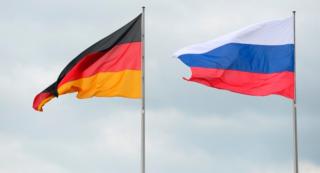
More than any other European state, Germany is responsible for developing and implementing the EU’s policy toward Russia. Berlin needs to accept this responsibility, assume leadership, and develop a Russia policy fit for the twenty-first century.
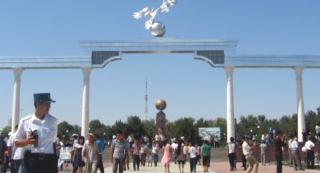
Uzbekistan sees itself as a regional Central Asian leader, and in fact the situation in Central Asia is largely determined by the developments inside this country.
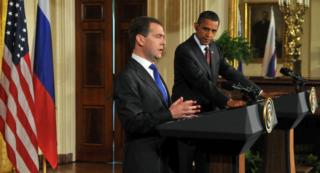
The United States and Russia have reached an arms control impasse, and no new agreement is on the horizon. Concrete confidence-building measures could help build trust.
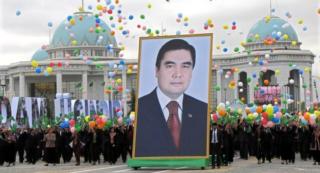
While the regime in Turkmenistan remains the most authoritarian of all Central Asian states, its stability depends on the availability of financial resources coming from the gas sales.

The Kremlin’s climate change path boils down to political will—and whether climate change is considered important enough—as well as its ability to engage in serious strategic thinking and policy preparation.
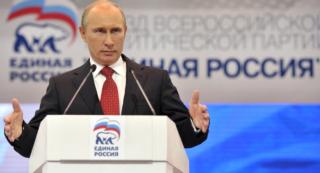
To forge an effective partnership with Moscow, the EU must first understand Russia’s political, economic, and security designs, and how best to deal with another round of Putin.
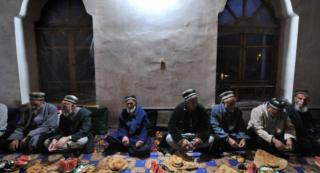
Tajikistan is among the most problematic countries in Central Asia. The country faces a number of challenges, including an economic crisis, regionalism, domestic political confrontation, and radical Islam.
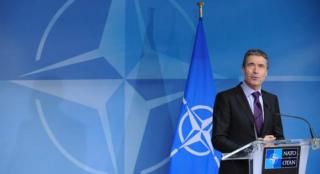
A slimmed down NATO could do a better job of harmonizing transatlantic positions in crisis situations, be the hub of multinational, high-end military operations, and develop expertise and capabilities to deal with new threats such as cyber attacks.
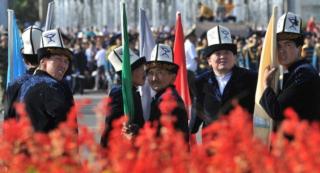
Independent Kyrgyzstan is unique in its recent political history. Over the last two years this country has functioned under a non-authoritarian system and has started moving in a different direction from its Central Asian neighbors.
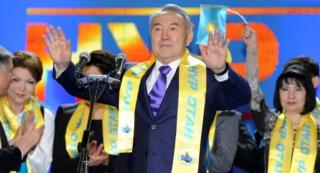
The turbulent events of 2011 in Kazakhstan have forced the country's ruling elite to consider economic and even political change in order to enable their continued rule.
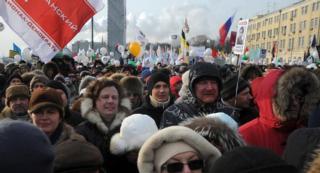
Putin’s chances of hanging onto power in Russia are good, but he will need to accept a more open and competitive electoral process to avoid further alienating those who are sympathetic to the protest movement.
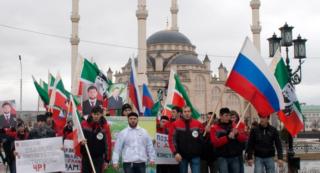
The North Caucasus remains economically and politically a part of Russia, but the internal situation there is increasingly regulated by the region’s own local traditions.
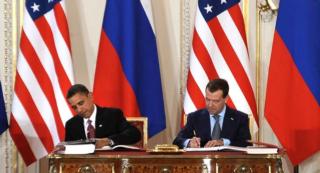
Making the U.S.-Russian Bilateral Presidential Commission a permanent structure will help ensure continued success in managing relations between the two countries.
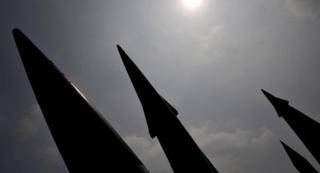
The next round of U.S.- Russia arms control presents some truly daunting challenges but there is much that the Obama administration could do in the remainder of its first term to lay the groundwork for another treaty while reducing nuclear risks.
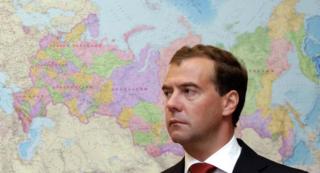
Russia’s recovery from the global economic crisis has been slow, constrained by a number of economic and political structural problems. Until they are resolved, these issues will continue to hinder Russia’s development.
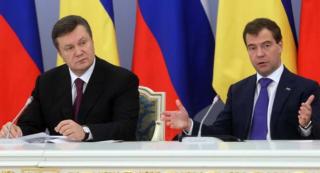
While there has been a reawakening of sorts between Russia and Ukraine, relations between the two remain essentially unbalanced and tensions over gas disputes and trade are likely to continue to undermine bilateral relations.
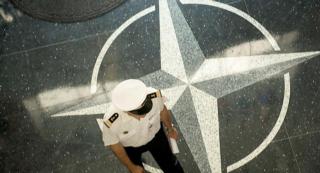
As NATO debates its future nuclear policy, it should focus on concrete measures to maintain a credible nuclear deterrent in the medium term and avoid abstract debates over complete disarmament or the need to keep nuclear weapons indefinitely.

The unrest that has swept through Tunisia, Egypt, and Libya resulted in large part from the inability or unwillingness of the ruling regimes to make significant improvements in the lives of the general public. The departure of the heads of these regimes, however, does not necessarily signal an end to the revolutionary process.
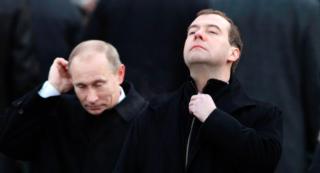
Putin’s Russia—which raised living standards, increased political apathy, and led to sovereign democracy—is over. As parliamentary and presidential elections approach, long-simmering social, economic, and political disputes are spilling into the open, and public politics are returning to the fore.
While the obsession with global rebalancing stokes currency and protectionist tensions, it diverts attention from what is really needed—reforms at home.